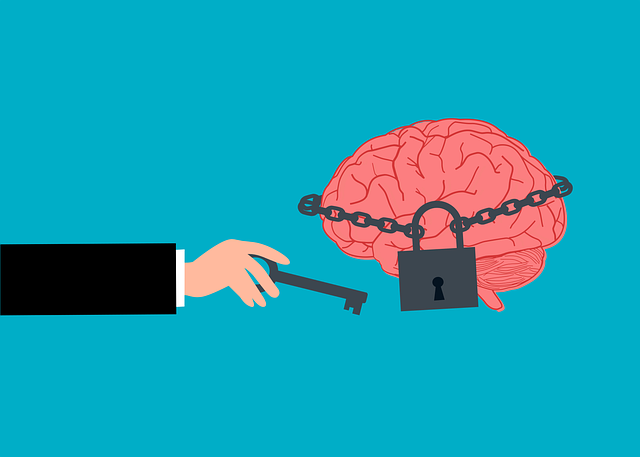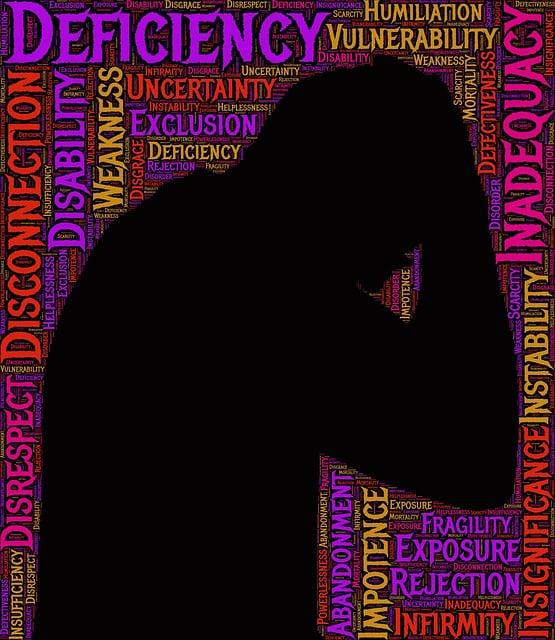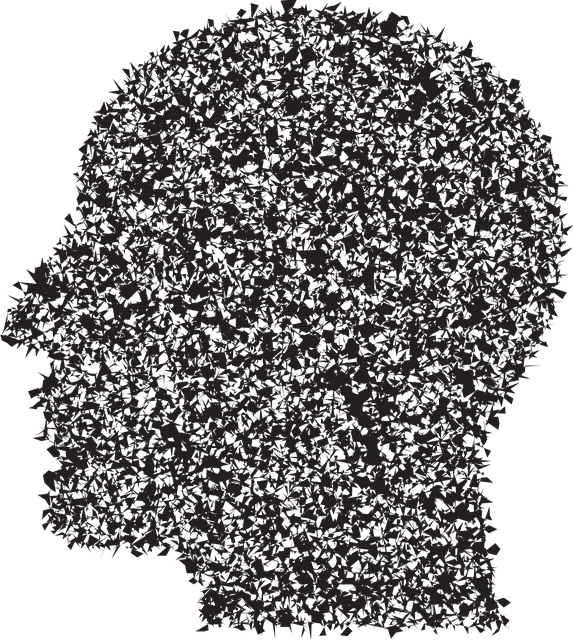Media portrayals significantly shape public perceptions of childhood mental health, with inaccurate or harmful depictions perpetuating stigma. Online therapy platforms offer accessible resources, providing live video sessions with licensed therapists and self-awareness exercises to empower young children's emotional well-being. The digital age has revolutionized mental health support for kids through online therapy, breaking geographical barriers and integrating tools like mindfulness meditation. Positive media narratives, featuring authentic voices of individuals living with mental illness, encourage empathy, open dialogue about therapy, and early intervention. Online therapy promises to make care more accessible, engaging, and effective for young children seeking mental wellness support.
Mental illness representation in media significantly impacts public perception, especially among young audiences. This article delves into the challenges posed by current media portrayals and offers solutions to foster more accurate understanding. We explore the profound effects of media on mental health perception, focusing on children and adolescents. The piece highlights the advent of online therapy as a revolutionary approach tailored for this vulnerable group. Additionally, it presents strategies to enhance positive representation and discusses the role of digital platforms in making therapy more accessible to young children, ultimately advocating for better mental care.
- Understanding the Impact of Media Portrayals on Mental Health Perception
- The Current State: How Media Often Misrepresents Mental Illness in Children
- Online Therapy as a Game-Changer for Young Minds
- Creating Positive Change: Strategies for More Accurate Representation
- Accessible Care: The Role of Digital Platforms in Providing Therapy for Young Children
Understanding the Impact of Media Portrayals on Mental Health Perception

Media portrayals of mental illness can significantly shape public perceptions and understanding of various conditions. Often, these representations either perpetuate harmful stereotypes or offer a glimmer of hope by showcasing successful recovery stories. Young children, who are impressionable and developing their worldview, are particularly vulnerable to these influences. When media portrays mental health issues as rare, mysterious, or solely a result of personal weakness, it can contribute to stigma and discourage affected individuals from seeking necessary support. Conversely, positive portrayals that emphasize emotional regulation and inner strength development through therapy, especially online therapy accessible for young children, can foster empathy and encourage early intervention.
An analysis of mental health policy also reveals the importance of accurate media representation in shaping effective public health strategies. Inaccurate or incomplete coverage can lead to gaps in understanding and inadequate resource allocation. Conversely, a well-informed public, aided by responsible media, can advocate for improved access to quality care, including online therapy options, contributing to better mental health outcomes. This interplay between media, public perception, and policy highlights the crucial role of responsible storytelling in addressing mental illness, especially in promoting support systems like therapy for young children online, while encouraging emotional resilience through appropriate channels.
The Current State: How Media Often Misrepresents Mental Illness in Children

The media’s portrayal of mental illness often falls short when it comes to depicting children’s experiences, leading to widespread misconceptions and misrepresentations. Many television shows and films struggle to accurately convey the nuances of childhood mental health issues, frequently resorting to simplistic or sensationalized storylines. This misrepresentation can have significant consequences for young viewers who may identify with these characters or, worse, feel dismissed or misunderstood.
Children’s mental health is a complex topic, and their struggles often require specialized care and understanding. Online therapy platforms offer a promising solution by providing accessible resources for those in need. Through live video sessions, children can connect with licensed therapists who specialize in youth mental health. This modern approach to treatment ensures that kids receive the necessary support while also promoting mental health awareness among both young audiences and their caregivers. Additionally, self-awareness exercises tailored for children can be integrated into therapy sessions, empowering them to identify and manage their emotional well-being.
Online Therapy as a Game-Changer for Young Minds

The digital age has paved the way for innovative solutions to address mental health concerns among young individuals. Online therapy emerges as a game-changer, offering accessible and effective support for children struggling with their emotional well-being. This modern approach eliminates geographical barriers, ensuring that therapy is no longer confined to physical clinics. Through secure video conferencing platforms, licensed therapists can connect with young clients from the comfort of their homes, providing much-needed guidance and care.
By integrating online therapy, professionals can introduce valuable tools such as mindfulness meditation and emotional regulation techniques tailored to the unique needs of children. These sessions can teach them effective stress reduction methods, empowering them to manage their mental health proactively. With increasing awareness about the benefits of digital therapy, more parents and guardians are encouraging their children to embrace these innovative solutions, fostering a healthier and more resilient generation.
Creating Positive Change: Strategies for More Accurate Representation

In challenging the negative stereotypes often portrayed in media, a conscious effort must be made to create positive change through accurate representation of mental illness. This begins with involving individuals who have experienced or are currently living with these conditions in the creative process. Their authentic voices and stories can shape narratives that are not only more sympathetic but also educational. Additionally, leveraging online therapy platforms offers accessible resources for those seeking support, especially young children and their families. These digital tools provide a safe space to explore mental health issues and learn effective communication strategies, stress management techniques, and trauma support services tailored to individual needs.
Media has the power to either perpetuate harmful myths or foster understanding and empathy. By advocating for more nuanced portrayals, we can ensure that discussions around mental illness are inclusive and accurate. This shift in representation encourages a culture of open dialogue where people feel comfortable seeking therapy online or in-person, breaking down barriers and promoting early intervention for young children facing mental health challenges.
Accessible Care: The Role of Digital Platforms in Providing Therapy for Young Children

In today’s digital era, accessible care has become a game-changer in providing therapy for young children. Online therapy platforms offer a convenient and often more affordable alternative to traditional in-person sessions, making mental wellness support more attainable for families across diverse geographic locations. These digital tools are particularly beneficial for younger children who may find it challenging to express their emotions or maintain focus during lengthy clinic visits. By integrating interactive elements, engaging activities, and age-appropriate interventions into online therapy sessions, professionals can enhance emotional regulation skills in young clients.
The design of mental health education programs tailored for young audiences plays a crucial role in this shift. Platforms that incorporate user-friendly interfaces, captivating visuals, and gamified learning experiences create an environment where children actively participate in their mental health journey. This approach not only encourages open communication but also instills valuable coping mechanisms and emotional understanding from a tender age, fostering resilience and a positive sense of self. Thus, digital platforms have the potential to revolutionize therapy delivery, making it more accessible, engaging, and effective for young children seeking support for their mental wellness.
Mental illness representation in media has significant implications on public perception, especially regarding young minds. The current state of portrayal often perpetuates harmful stereotypes and misconceptions. However, by recognizing these challenges and implementing strategies for more accurate depiction, we can foster a kinder, more understanding society. Online therapy emerges as a game-changer, offering accessible care to young children in need. Through digital platforms, therapy becomes less intimidating and more available, ensuring that young minds receive the support they deserve. By combining positive media representation and enhanced accessibility through technology, we can create a supportive ecosystem for mental health awareness and well-being among children.











